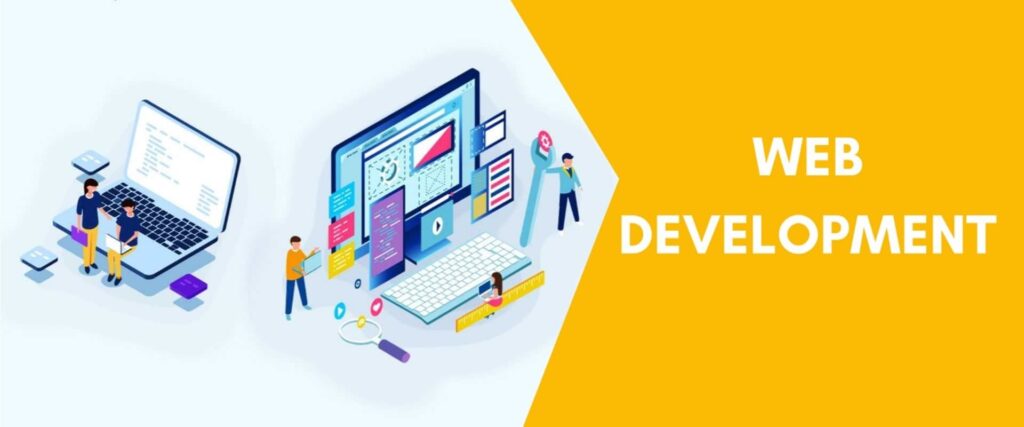
Table of Contents
Introduction
If you’re considering developing an iOS app, you may be wondering how much it will cost. The truth is, there are many factors that can affect the cost of developing an app, from the features and functionality to the experience level of your developer. In this post, We will break down all the factors involved in creating an iOS app and help you determine what kind of budget you should expect. So let’s dive in!. Being an iOS app development company, we analyse the requirement of the business and fulfil it in every possible way.
-
Factors affecting the development of iOS apps.
Developing an iOS app is a complex process that requires careful planning and execution. There are several factors that can affect the development of iOS apps, such as the type of app, its complexity, and the level of customization needed.
Being a Digital marketing company in India, we have years of experience and we understand the business requirement and suggest the best way for development.
One major factor affecting iOS app development is choosing the right platform. Different platforms have different requirements, which means that developers need to choose one that matches their skills and expertise.
Another important consideration when developing an iOS app is scalability. Developers need to ensure that their code can handle large amounts of data without crashing or slowing down performance. This requires careful optimization and testing throughout the development process.
The design of an app also plays a crucial role in its success. A well-designed user interface (UI) not only enhances user experience but also makes it easier for users to navigate through different features and functionalities within the app.
Budget constraints can impact how much time developers spend on building an application’s functionality versus creating visually appealing layouts or improving UX/UI elements like animations or transitions between screens with higher quality graphics/animations which take longer than simpler ones.
These factors all play significant roles in any successful iOS application project – from start-to-finish!
Hire Mobile app Developing Company
- What is the average cost to develop an iOS app?
The cost to develop an iOS app depends on several factors such as the complexity of the app, features required, platform compatibility, and development time. The average cost for a basic iOS app with limited functionality can range from $5,000 to $20,000.
However, if you’re looking to build a more complex app with advanced functionalities like integration with external APIs or third-party services, then the costs will increase accordingly.
Another factor that plays a significant role in determining the cost is whether you choose to hire an experienced freelance developer or work with an established mobile app development company. Freelance developers are generally cheaper but may lack the resources and expertise of larger companies.
It’s important to note that developing an iOS app requires ongoing maintenance and updates post-launch. These costs should also be factored into your budget when estimating total project expenses.
Ultimately, it’s essential to discuss your requirements and expectations with potential developers before making any investment decisions. By doing so, you can get a better understanding of what kind of costs you’re looking at for your specific project needs.
Digital Brain Media is the leading iOS app development company which works on developing an application to deliver the best possible outcomes.
For example, Swift is a popular programming language used for developing iOS apps because it offers a range of features and tools that make coding easier.
- How many hours does it take to develop an iOS app with a company?
The number of hours it takes to develop an iOS app can vary depending on many factors. One of the biggest factors is the complexity of the app itself. A simple app may only take a few hours to complete, while a more complex app could take weeks or even months.
Another factor that affects development time is the skill level and experience of the freelancer you hire. A seasoned developer will likely be able to complete tasks much faster than someone who is just starting out.
Additionally, communication plays a key role in determining how long it will take for your iOS app to be developed. If there are frequent miscommunications or delays in feedback, this can significantly slow down progress.
One way to ensure that your project is completed efficiently is by setting clear expectations and deadlines from the outset. This helps both parties stay focused and on track throughout each stage of development.
In general, it’s difficult to give an exact estimate for how long it will take to develop an iOS app with a company without first discussing the specifics of your project with them directly. However, by taking into account these various factors, you can gain a better understanding of what goes into developing an iOS application with company assistance.
Hire Mobile app Developing Company
-
How much does it cost to hire an iOS developer Company?
When it comes to hiring a iOS developing company, the cost can vary depending on several factors. Firstly, their location can greatly affect their rates. Developers based in countries with a lower cost of living may charge less than those in more expensive regions.
Additionally, the level of experience and expertise of the developer will also impact the cost. A more experienced developer may charge a higher rate due to their advanced skills and knowledge.
The complexity of your project is another factor that affects pricing. More complex projects require more time and effort from developers, leading to higher costs.
It’s important to note that while hiring a iOS developing company may seem like an affordable option compared to working with an agency or building an in-house team, it’s crucial to carefully vet potential candidates and ensure they have the necessary skills for your project.
Share Article:
-
How to save money when developing an iOS app
Developing an iOS app can be expensive, but there are ways to save money without compromising quality. Here are some tips on how to do it.
- Plan your project carefully and create a detailed roadmap of what you want to achieve. This will help you avoid unnecessary changes or delays that could increase costs along the way.
- Consider using open-source tools or libraries whenever possible. These resources can save time and money by providing pre-built components that developers can use instead of building them from scratch.
Limit the number of features in your app to only what is essential for its purpose. Adding too many unnecessary features will not only bloat the app size but also add additional development costs for maintenance and updates.
Test your app thoroughly before launching it in the App Store. Bugs and crashes can cost you more in terms of user acquisition and retention than investing upfront in testing measures like beta testing with real users.
By following these tips above while developing an iOS application one can easily reduce costs significantly without any compromise with quality as well as functionality.
For Hiring a iOS app development Company
Conclusion
After analysing the factors that affect iOS app development costs, it is clear that there are many variables involved. From the complexity of the app to the experience level of the developer, each element plays a significant role in determining how much money you need to invest.
However, with proper planning and careful decision-making, it is possible to save money while still creating a high-quality app. By working with an experienced freelancer or outsourcing your project overseas, you can reduce your expenses without sacrificing quality.
Ultimately, when it comes to iOS app development costs, there is no one-size-fits-all answer. It all depends on your specific needs and goals.
But by taking into account these various factors and making informed decisions along the way. I can help you to create an effective iOS application that meets both your technical requirements and budget constraints.
Table of Contents


Effortless Inventory Control: Streamline Your Business with Our Customer-Centric Inventory Management Solution

Transform Your Online Presence with Premier Web Development Services in California


Related Articles

Navigating the Digital Classroom: The Future of Online Learning Management Systems

Effortless Inventory Control: Streamline Your Business with Our Customer-Centric Inventory Management Solution



